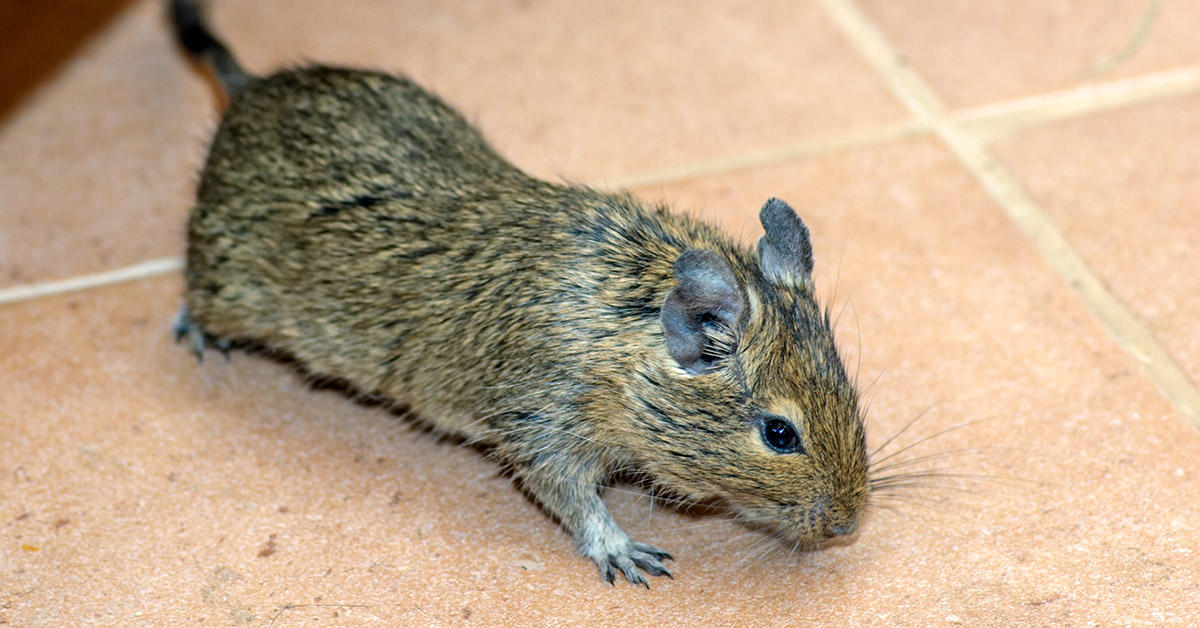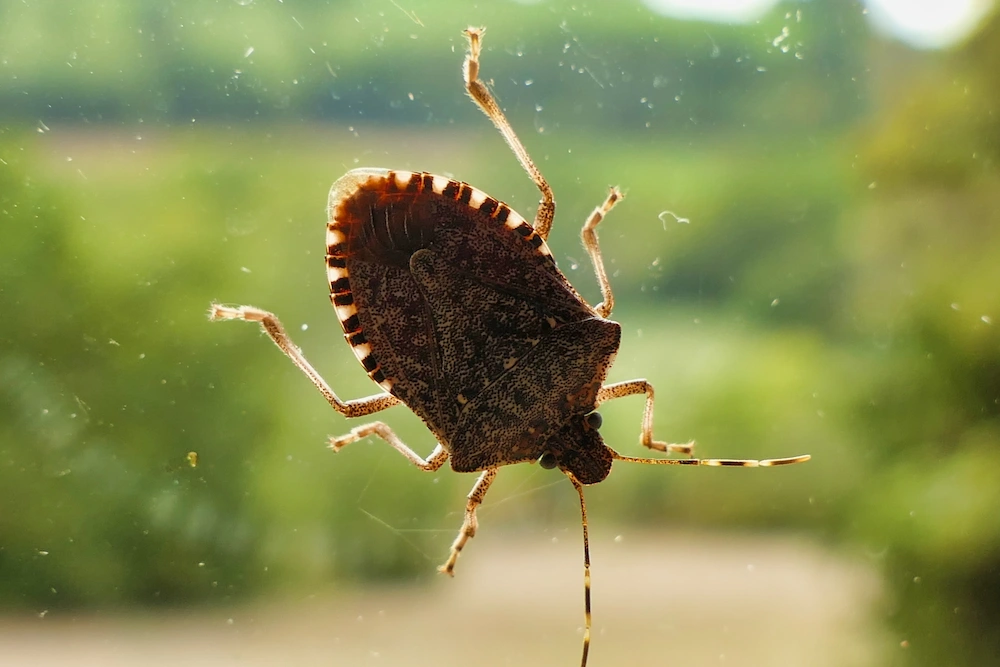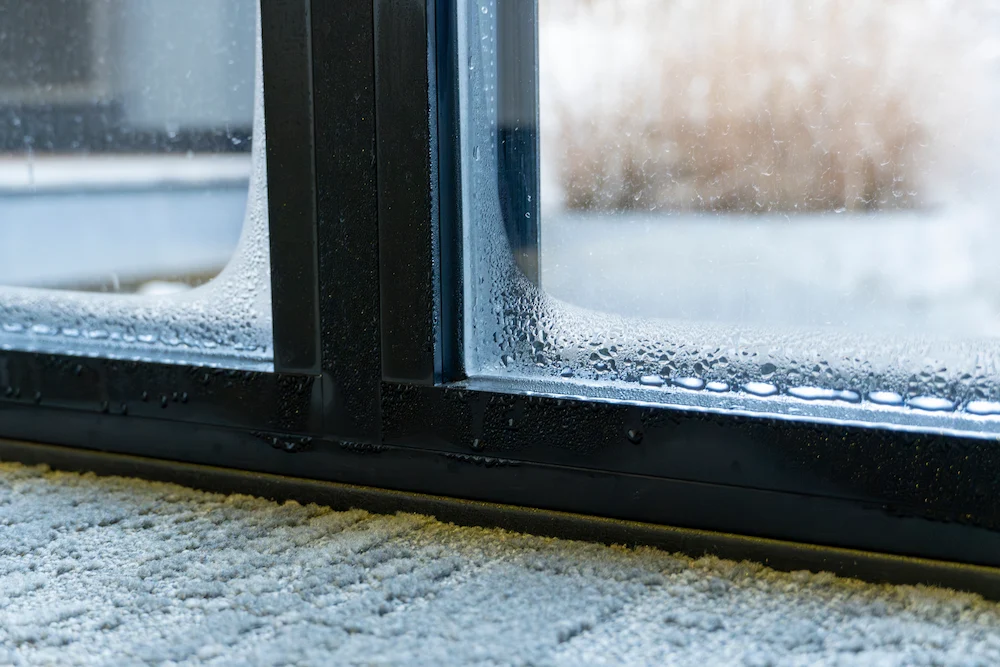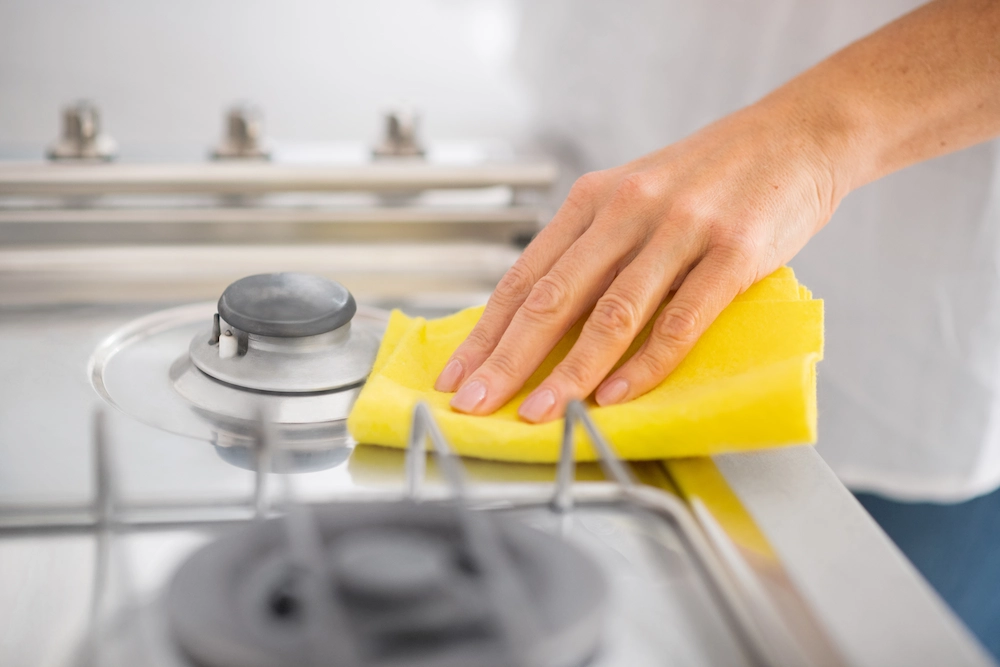Most people are naturally averse to mice. For some, their fear is so extreme that the sight of one sends them scurrying to stand on the nearest chair. Unfortunately, scratching behind walls or actually seeing a mouse is cause for alarm. One indicates there are likely others infesting your home. They can be doing damage to wiring, insulation, or any items you have in storage while their droppings have the potential to be a significant health hazard. At Pointe Pest Control, we can identify areas around your home where mice may be hiding and how they are getting in. As experienced pest control professionals, we have a proven track record of success in eliminating this type of problem and keeping mice from returning in the future. The following are some of the most common questions and concerns our clients have about mice in or around their homes.
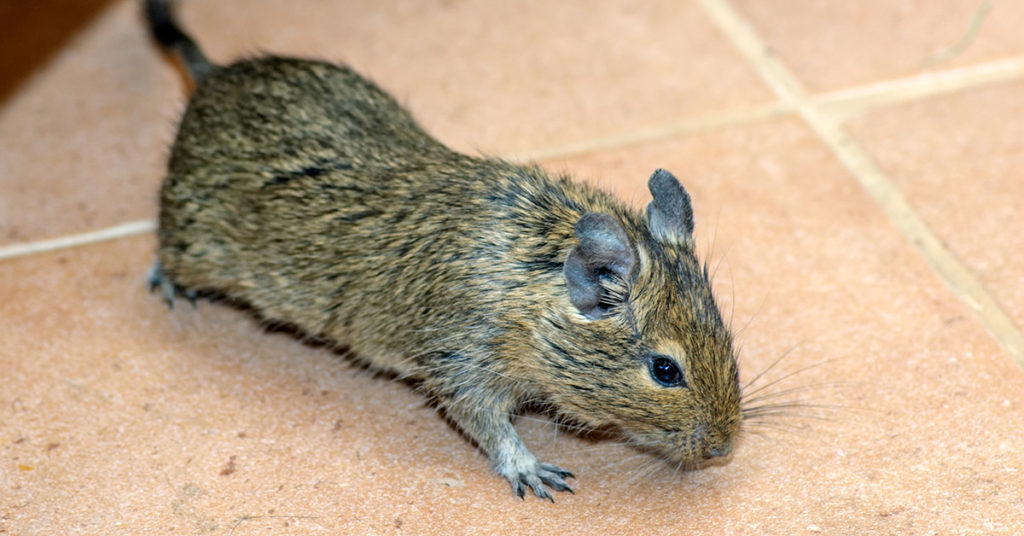
-
Do Mice Eat Flowers?
Mice are a common problem for homeowners throughout the Pacific Northwest. They are naturally drawn to wooded or grassy areas and are likely to be present in or around your yard. Once established, it takes only small openings for them to invade your home.
Mice do feed on flowers, as well as plants and other types of greenery. Newly planted seeds freshly emerged grass, and vegetable crops are among their most common targets. Be cautious of planting items too close to your house and make sure that siding or sheetrock does not have gaps for them to get into. Once in your home, they may be drawn to window sills, countertops, pantries or anywhere that flowers, plants, or vegetables are routinely kept.
-
Can Mice Chew Through Sheetrock?
Mice are voracious chewers and can easily gnaw their way through a variety of substances. One of the first signs of a mouse infestation is often chewed wiring and holes in floorboards, boxes, or crawl spaces.
Despite what the name implies, sheetrock is not actually made up of rock. It is a panel made of gypsum that is commonly used on walls and ceilings. As it is comprised mostly of paper and plaster, it can be compromised by moisture and wet, rainy conditions. When mice chew, they use a combination of their teeth and their saliva. This means that they can chew through sheetrock, though it may take some time. If you suspect a mouse problem, look for signs of clawing, scratching, and shredding of sheetrock in areas around your home.
-
What Are The Best Mouse Trap Strategies?
Mouse traps are one of the most common and effective ways to control the mouse population. There are plenty of do-it-yourself mouse traps on the market, but you should use extreme care in handling them yourself. The type of bait you use in a trap is not a major issue, but how you handle them is.
Mice can detect the scent of humans, so if you are setting out mouse traps be sure and wear gloves. Otherwise, the mice are likely to pick up your scent and completely ignore the traps. The Environmental Protection Agency (EPA) also warns that mice carry many potentially dangerous types of germs and bacteria. Wearing gloves is important when reloading traps to avoid contamination.
-
What Foods Do Mice Like?
Mice are omnivores, meaning they eat both plants and meat. While they have a reputation for favoring cheese, the fact is their favorite food items tend to include seeds or other types of grains. This is why you may see signs of them gnawing their way through cereal boxes or bread bags. Mice also favor fruit, but they are scavengers by nature. They will eat practically anything, including non-food substances if their favorite items are scarce.
-
Are Mice Urine and Droppings Poisonous?
Mice are disease carriers and coming into contact with their droppings or urine is hazardous to your health. The Centers for Disease Control and Prevention (CDC) warns that over time, these droppings can create a dust. Breathing in this dust puts you at risk of contracting a dangerous group of viruses. These can result in serious and potentially life-threatening diseases in both humans and pets.
Let Us Help You Today
If you suspect a mouse problem in your home, do not downplay the seriousness of the situation. Reach out to Pointe Pest Control right away. To schedule a free consultation, call or contact our pest control professionals online today.


